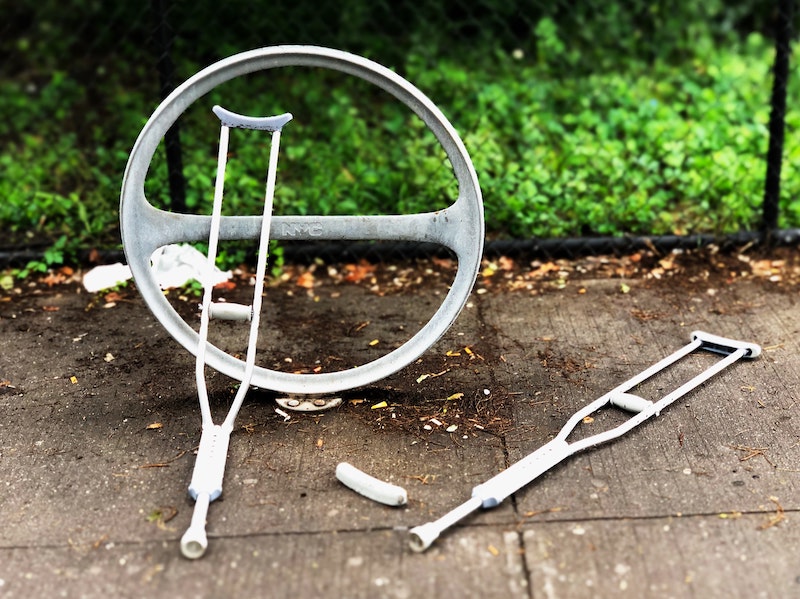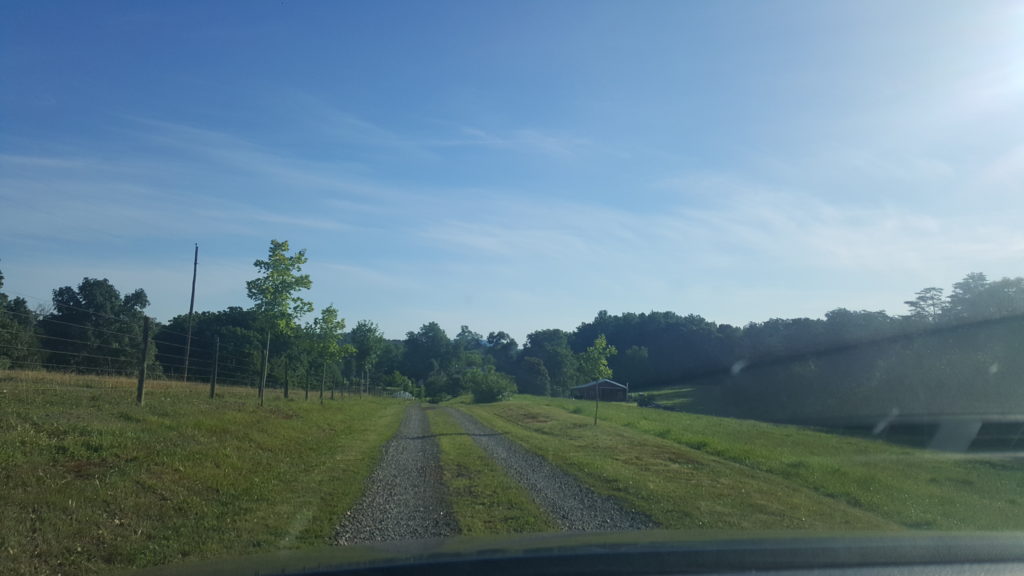“Why are you in the sped class?”
We were walking outside with some of our students when I overhead a student from another class that was also outside say this to one of our students. I didn’t hear our student’s reply, but I couldn’t let it go, so I turned and said, “That’s not what it is.” The student who asked the question seemed surprised that I had heard and responded. She asked a follow-up question: “Is it the Leap class?” and by that she meant the “gifted” class. I shook my head and walked on.
I probably could have had a longer conversation with the student, but I didn’t. Maybe it wasn’t the time or place. Maybe I was reluctant to draw further attention to the student in our class. The teacher of the class and I continued our conversation as we walked and I realized that this is one of the reasons students hate having to come to our class.
We teach reading skills. It’s not a special education class, it’s an intervention class, a distinction I still don’t fully understand. What I do know is that the student’s comment is probably not the first one our students have heard when they say they have to come to our class instead of stay with their friends. And it’s indicative of a larger societal problem.
Needing help in some area of our lives is seen as weakness. As something wrong with us. I try to fight this stigma with our students by constantly reminding them that needing help is normal. Asking for and accepting help is healthy. There’s nothing wrong with that. I don’t know if they believe me, but I know I have to keep trying.
Because sometimes I don’t believe me, either.
—
Earlier this month I developed what I was pretty sure was some kind of head cold/sinus thing, but to be on the safe side, I scheduled a telehealth visit with a provider who sent me for a COVID test that turned out to be negative. My cold symptoms persisted and taking cold medicine helped me sleep and get through the day, so for two days, I relied on Mucinex to keep my cough under control so I could sleep and function.
And I hated that I had to do it.

I can’t remember a time in my life when I was eager to take medicine. My body is extra-sensitive to it, so I usually have to take a little less than what’s recommended as a dose and I don’t like the not knowing: am I feeling better because I’m healing or because of the medicine? (It’s usually the medicine.)
But I’m learning. Medicine is a tool when used properly and responsibly. It can become more than that but sometimes we need a little help to get through the day. Sometimes we need more than a little help.
After a couple of days, I was able to get through a day without the medicine, which felt like a victory. Because in my mind, needing medicine is a sign of weakness. If I need medicine, I’m somehow deficient, unable to function “normally” (whatever that means). I’ve been conditioned to believe that a medicine-free life is the normal way to live.
Maybe I’m not that different from the student I corrected after all.
—
I listen religiously to the “Office Ladies” podcast with Jenna Fischer and Angela Kinsey. It’s the only thing better than re-watching all the episodes of “The Office.” (Actually the podcast might be better than that because you get commentary and behind-the-scenes info.)
On a recent episode, Jenna Fischer talked about her anxiety. (Side note: I love, love, love when actors and other performers and famous people talk about their anxiety and self-consciousness. They are regular human beings who have succeeded at a job, but that does not mean they are perfect and love every minute of the fame.)

She said it was like a backpack. Some days it’s light and some days it’s heavy, but it’s never not there. I appreciated this description because that’s how my own anxiety feels. It does not weigh me down every day, but some days it feels overwhelming. On those days, I usually take a small dose of Xanax to help me navigate the world. Sometimes I will tell my husband, “I have to take a Xanax today” or “I’m going to have to take a Xanax to get through this.” I say it like I’m apologizing or making an excuse. Sometimes I’m still ashamed that I have a medicinal tool that works in my life when I need it to.
But the truth is: the anxiety meds help me carry the backpack when it’s too heavy. And a weird thing about anxiety in my experience is that sometimes I start out the day with a light backpack and I don’t even realize that throughout the day, I’m putting more stuff in it so that by the end of the day, I’m carrying a much heavier load than I started with. And the next day, my body aches on the inside from hauling all that stuff around. Sometimes I take the anxiety meds the day AFTER a stressful or overwhelming day because my body has been trying to handle it all on its own.
My anxiety medication is a tool.
I keep telling myself. Maybe one day I’ll believe it.
—
“Crutches are a tool, not a toy.”
I said these actual words in the cafeteria this week while I was supervising a lunch period. A student is using crutches for a legitimate medical reason, and another student grabbed them while that student was sitting and started using them. That’s when I said what I said.
We have the same problem sometimes when our students use the chairs with wheels in the classroom to move themselves from one side of the room to the other. We ask them to please stand up and move themselves and their chairs across the room because these are chairs with wheels not wheelchairs. I don’t know if we’re doing this right, but we’re trying to teach them the difference between rolling themselves across the room because they don’t want to get up and needing to use a wheelchair because of a disability.
My sister-in-law is a vocal advocate for disability rights and correcting the language we use. I learn from her about ableism and ways I didn’t even think to see it in society and in my life. She has taught me to remove the words “lame” and “crutch” from my vocabulary when they are used to describe non-medical situations.

I thought about the word “crutch” a lot as I struggled with the head cold. In my head, I thought that cold medicine was a crutch for me to get through the day. It had a negative connotation in my mind. But if a crutch is a tool you need when your body needs help, then so is medicine. Crutches don’t mean we’re weak or less then. It means we need help in some way.
I have a lot to learn. And I’m sure I’m still getting it wrong. But I’m trying to tune my ears and focus my eyes on the way our culture values ability and devalues disability.
Please, keep teaching me so I can keep teaching my students that there’s nothing “wrong” with them if they need help in some way. Whether it’s with reading or math or social skills or managing their emotions. Whether they need meds or assistive technology.
And so I can see the world more clearly and deconstruct my own ableist tendencies.
—
Talk to me about this topic. Are you aware of ableism in our society? How do you see it? And who or what teaches you more about it?

